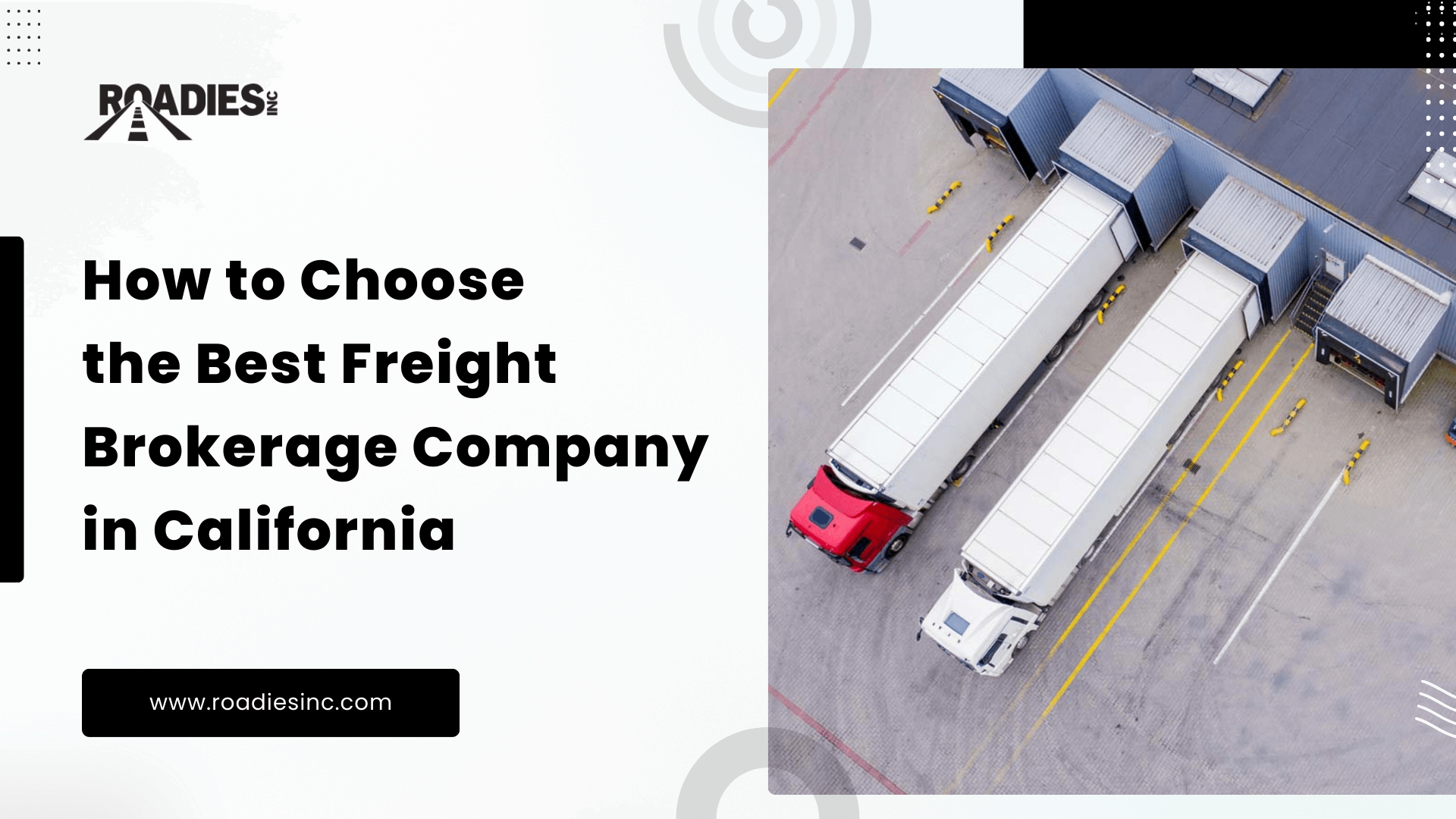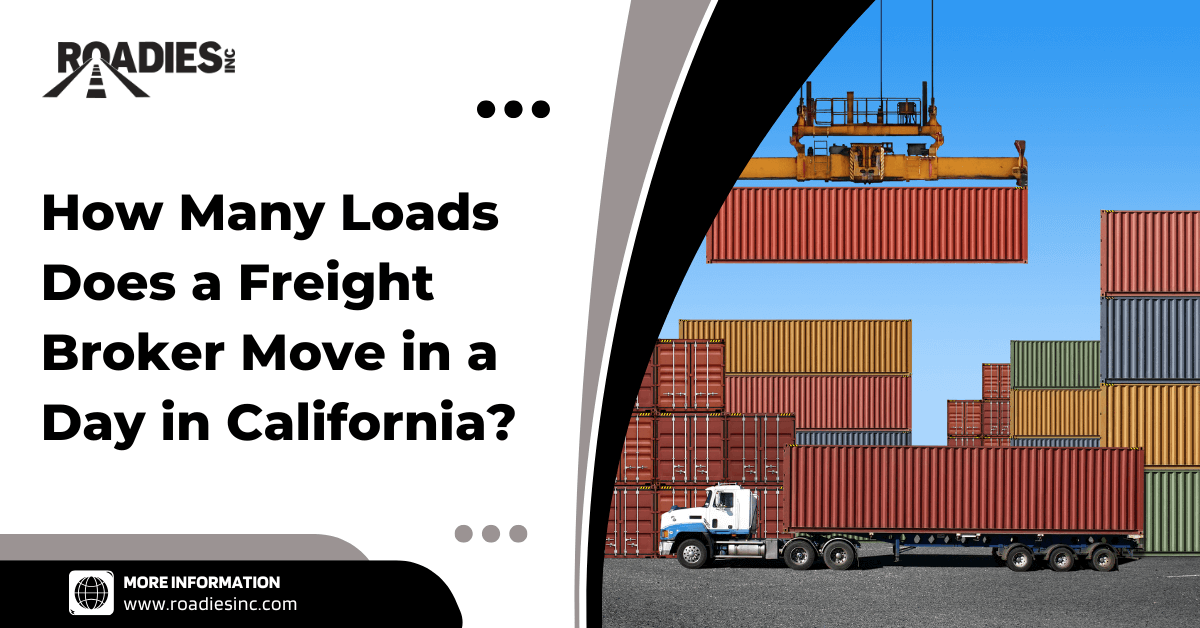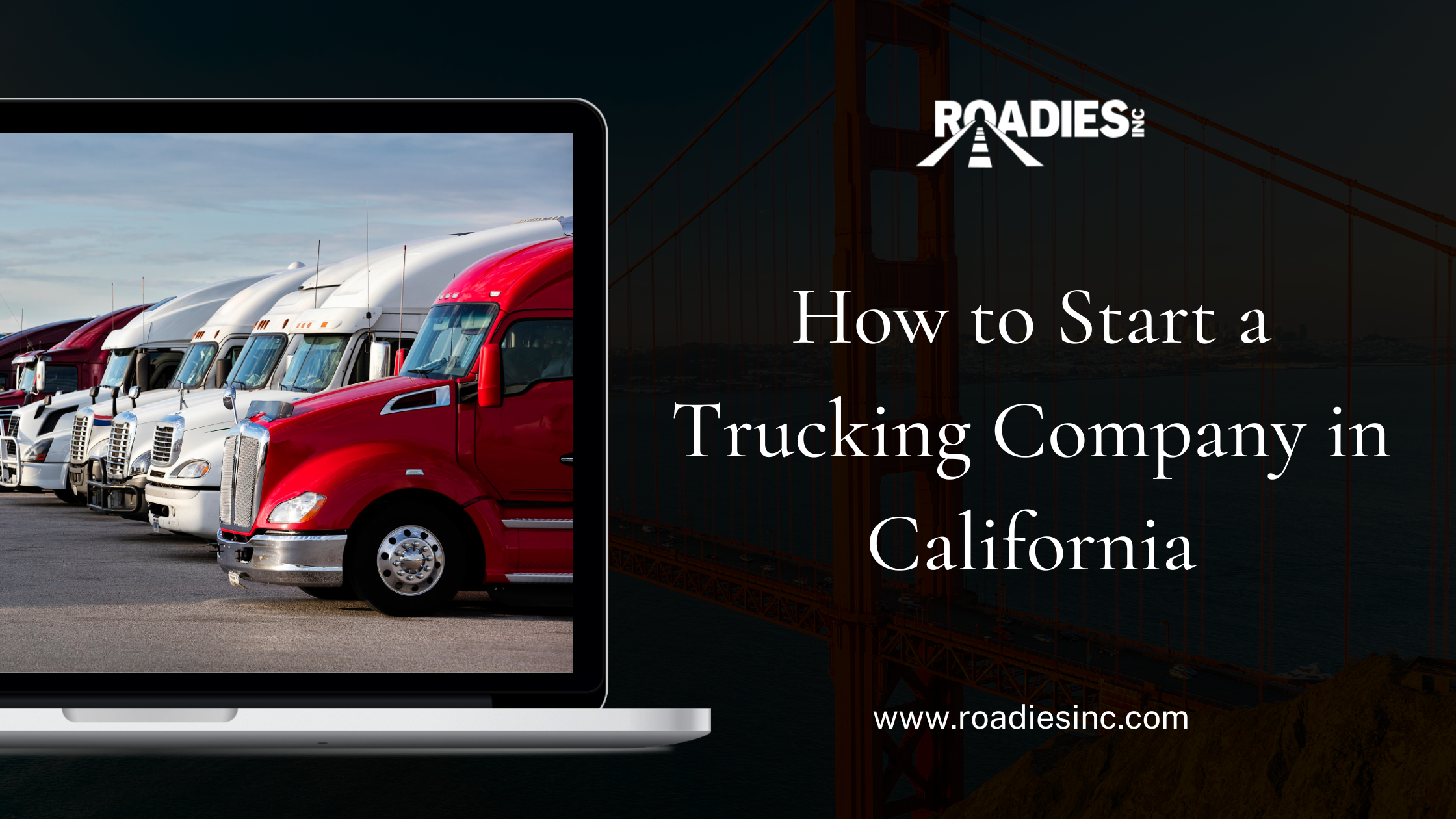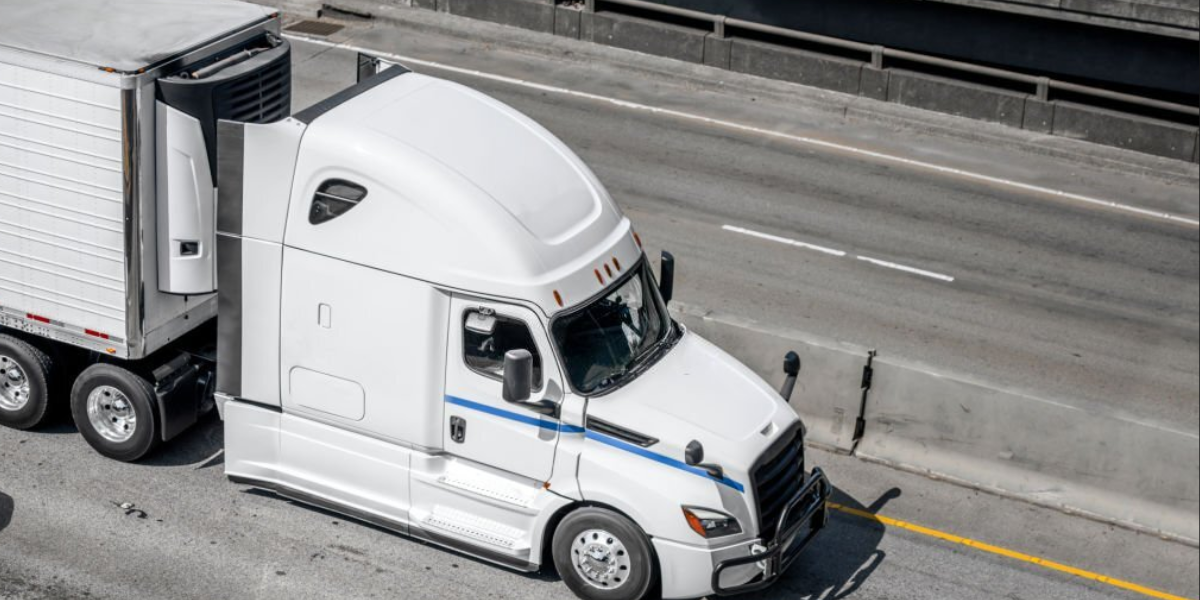An intermediary between shippers and carriers is a freight brokerage in California, sometimes referred to as a freight broker. Organizing freight services and handling all associated responsibilities on behalf of their clients is their main duty. Freight brokerage services can be provided by a dedicated department within a large carrier, a stand-alone company, or an independent broker.
What are the Important Considerations for Choosing the Best Freight Brokerage in California?
1. Properly Licensed to Operate Legally
When concentrating on pricing and capacity, many firms neglect licensing, but it is essential to make sure your freight is in capable hands.
Enter the provider’s USDOT and MC numbers on the Federal Motor Carrier Safety Administration (FMCSA) website to confirm if a carrier—asset or non-asset—is doing lawfully and with the appropriate permission.
2. Multiple Modes & Services Offered
A freight broker should offer more than just competitive rates. Consider services that optimize both service and pricing:
- Pooling and consolidation for LTL.
- Managed transportation service solutions for a holistic approach.
- Distribution services to forward-position products for quicker transit and lower costs.
- TMS (Transportation Management System) technology to move operations from spreadsheets to the cloud.
- Supply chain service and coaching for a one-time review of your total network.
Keep in mind: the more services a freight broker offers, the better they can optimize freight capacity and cost for your company.
3. Insurance
Before moving freight, ensure proper coverage by checking:
- What is the deductible?
- Request to be listed on the policy.
- Request a certificate of insurance (COI) to confirm validity.
Not all insurance is equal—verify coverage to protect your shipments.
4. Certifications & Industry Affiliations
Check if the broker is actively involved in top industry associations. This indicates credibility and commitment. Look for engagement in:
- Transportation Intermediaries Association (TIA)
- Intermodal Association of America (IANA)
- EPA SmartWay Carrier program
5. Carrier Compliance
Inquire about the freight broker’s qualifications, onboarding, and motor carrier evaluations to make sure your shipments stay in compliance with the law.
6. Subject Matter Experts
Evaluate leadership involvement:
- Are they publishing educational or supporting content?
- Are they engaged in the logistics and supply chain industry?
- Do they participate in boards of higher education or leading industry associations?
Active engagement shows commitment to quality and expertise.
7. Operational Model
Understand how your business will be served:
- Will you be treated as a number of clients in a big system, or will you get individualized attention?
- Avoid reliance on generic 1-800 call centers during after-hours issues. Personalized service is key for problem resolution.
8. TMS Technology
A strong TMS system is vital for:
- Moving freight efficiently.
- Finding capacity quickly.
- Communicating effectively.
- Supporting growth and scalability.
9. Quality of Service
Check if the broker has processes in place to deliver exceptional service, even if service levels are not fully met. References from past and current customers are helpful for evaluation.
10. Financial Stability
Financial strength is critical because if a broker fails to pay the underlying carriers, your company may be liable for unpaid invoices—even if you already paid the broker.
11. Reputation & Years in Service
While not the sole factor, reputation and industry experience reflect a broker’s reliability and consistency.
12. Modal Conversion Opportunities
Consider converting truckload shipments to 53’ domestic intermodal containers when suitable. Benefits include:
- Potential savings of ~15% over truckload.
- Ideal for lanes 700 miles or longer.
- Dray distance of 50–100 miles from intermodal ramps.
- Freight weight not exceeding 42,500 pounds.
Final Thoughts
Roadies INC, a reputable Roadies truck business and top freight brokerage in California, provides a variety of services that help shippers maximize supply chain and logistics operations. Being one of the best trucking companies in Bakersfield, California, we offer dependable, economical, and efficient freight solutions for your organization by combining our experience, individualized service, and strong TMS capabilities.
FAQs
1. What services do we offer as a freight brokerage in California?
At Roadies INC, a trusted freight brokerage in California, we connect shippers with reliable carriers. Our services include logistics management, cross-docking, trailer services, and shipping solutions designed to optimize cost and efficiency for your supply chain. Learn more at Roadies INC.
2. Why should I choose Roadies INC for trucking services in Bakersfield, CA?
As a leading trucking company in Bakersfield CA, Roadies INC combines cutting-edge technology, experienced staff, and 24/7 personalized support. We ensure timely deliveries, transparent tracking, compliance with high-value and food-grade policies, and competitive carrier rates to enhance your profitability.
3. How does Roadies INC ensure the safety of my shipments?
Our Roadies truck company carefully selects carriers and monitors all freight movements. We provide asset tracking, maintain strict quality assurance standards, and enforce safety protocols to protect your cargo throughout transit.
4. Can Roadies INC handle both local and long-distance shipments?
Yes. Whether your shipment is within California or across longer domestic lanes, our freight brokerage in California leverages advanced routing, intermodal opportunities, and TMS technology to ensure cost-effective and timely delivery.
5. Do you offer 24/7 support for freight brokerage and trucking needs?
Absolutely. Roadies INC provides round-the-clock assistance for any shipment inquiries or urgent issues, ensuring your business runs smoothly without interruptions.
6. How can I request a quote for freight brokerage services?
You can request a quote directly from our Contact Page. Our team at Roadies INC will provide a tailored solution to meet your logistics and transportation needs.
7. How does Roadies INC differ from other Bakersfield, California trucking companies?
Innovation, openness, and accuracy are what make our Roadies truck company unique. We put dependability, profitability, and client pleasure first for each and every client, from tracking shipments in real time to obtaining the best carrier prices.
8. Do we provide specialist logistics services like cross-docking?
Indeed. Cross-docking, controlled transportation, freight consolidation, and other logistics services are provided by Roadies INC, a leading freight brokerage in California, to help companies of all sizes improve supply chains and streamline operations.





